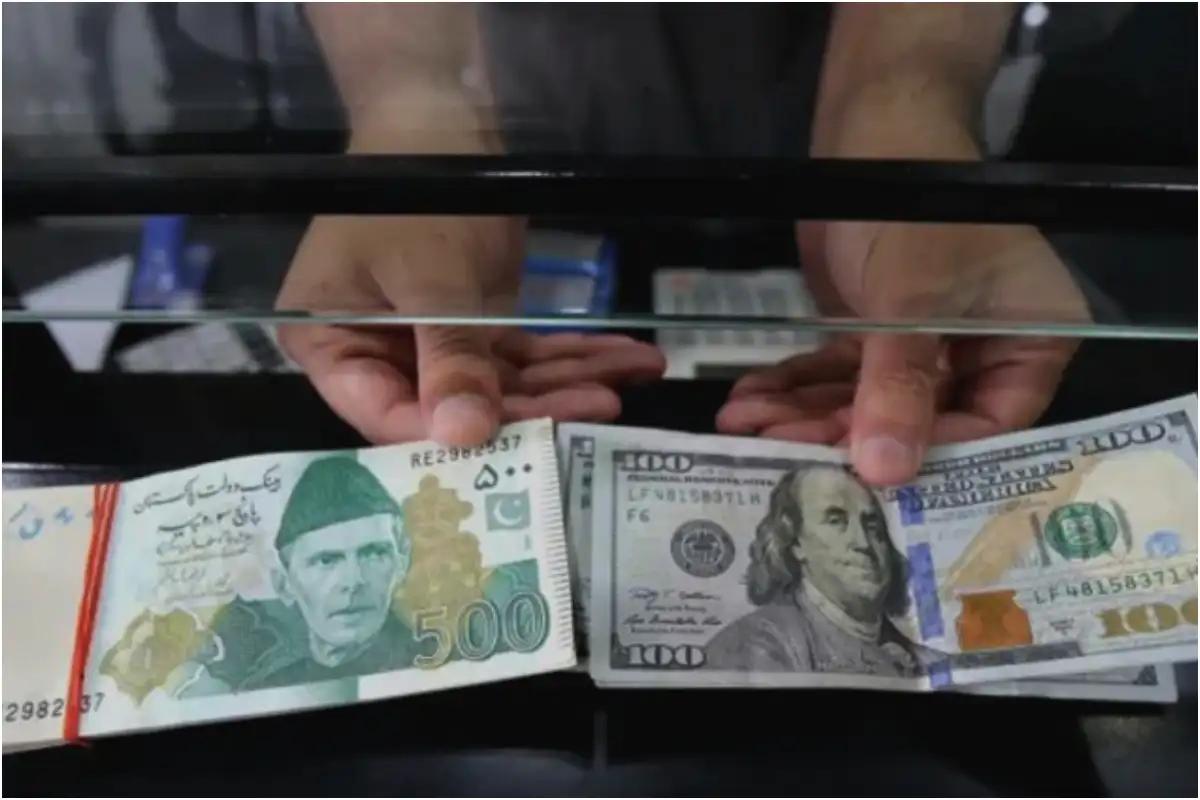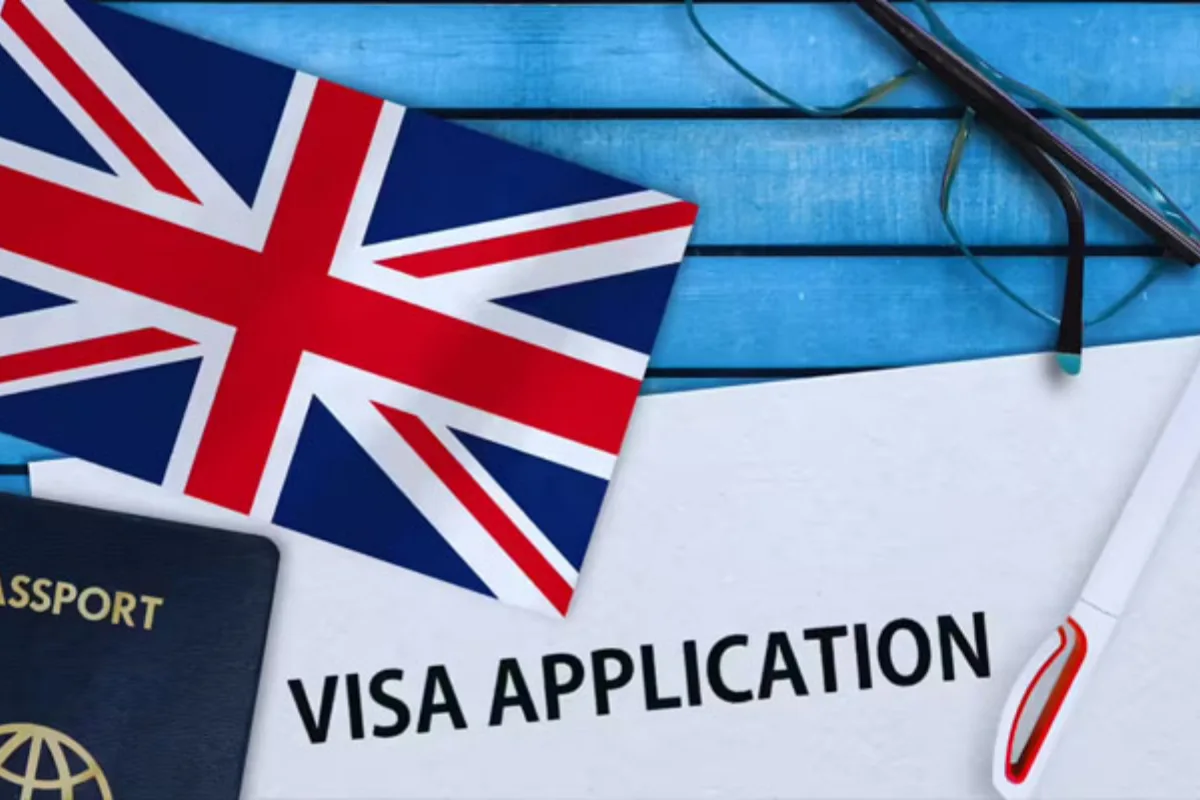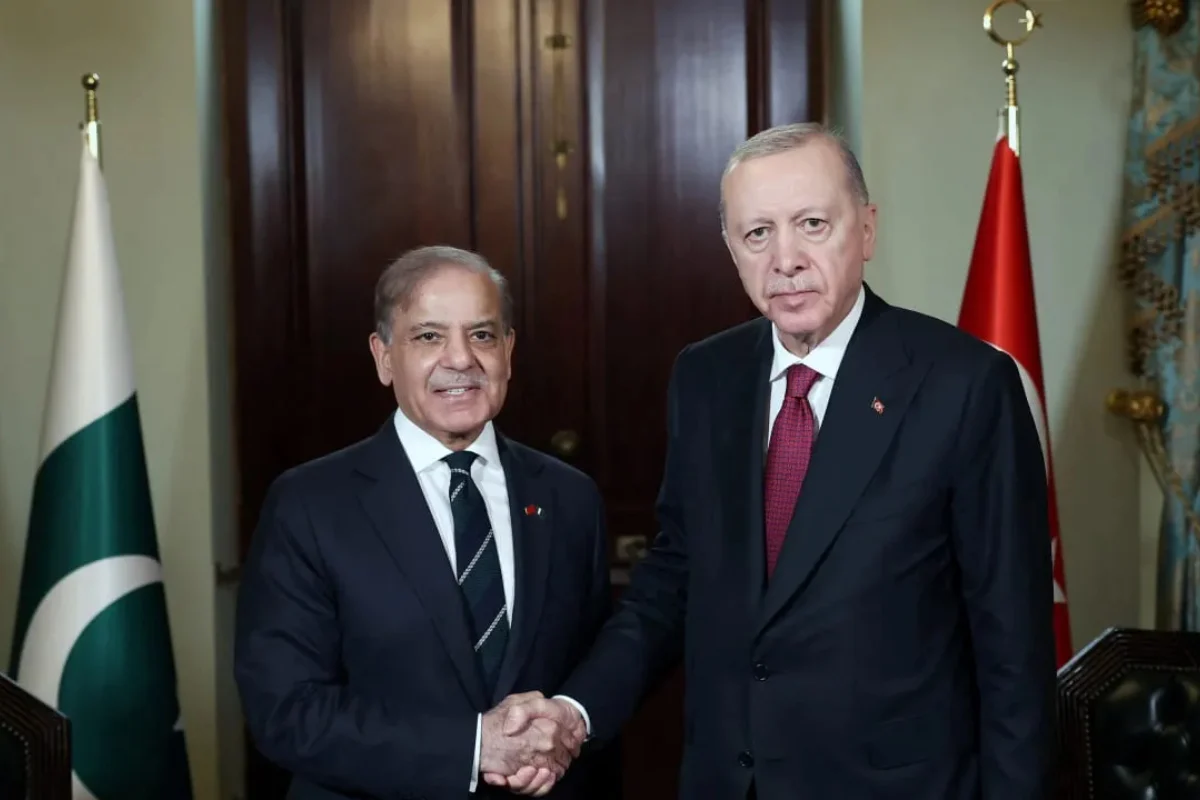The State Bank of Pakistan (SBP) has imposed new restrictions on foreign currency purchases, which will shift most dollar transactions from a cash-based system to a cashless model. The move is part of the SBP’s efforts to streamline foreign exchange operations and enhance the transparency of currency transactions in the country.
Under the new guidelines, resident Pakistanis who wish to buy foreign currency for deposit into their foreign currency (FCY) accounts will no longer be able to receive cash. Instead, the purchased amount must be directly transferred from the exchange company or bank into the buyer’s account. This shift aims to reduce the circulation of physical currency and promote more secure, digital transactions.
Furthermore, individuals who do not have FCY accounts will no longer be allowed to purchase cash dollars for deposit purposes. Instead, they will need to use alternative methods of foreign currency transactions or deposit their purchases directly into an existing foreign currency account.
For those who do purchase dollars, the new rules state that buyers will now receive a check for their transactions when purchasing from an exchange company. However, the check typically requires at least five days for clearance, unless the buyer holds an FCY account at the same bank, in which case the transfer is immediate.
In addition to the new transaction procedures, the SBP has increased documentation requirements for any purchase exceeding $500. This includes mandatory biometric verification, the stated purpose of the foreign currency purchase (such as travel, studies, or religious pilgrimages like Haj and Umrah), and supporting documentation to justify the transaction.
The changes are expected to primarily benefit bank-owned exchange companies, as they are already integrated within the banking system, allowing for smoother transactions. Conversely, independent money changers will face more restrictions, including a ban on holding cash dollars in their bank accounts, limiting their operational flexibility in the foreign exchange market.
The new policies are also likely to slow down transactions involving other foreign currencies such as the euro and the pound, as these will now require check-based transfers, which can take up to 20–25 days for clearance.
Overall, these changes reflect the SBP’s goal of tightening regulations around foreign currency transactions, improving oversight, and promoting more efficient systems for buying and selling dollars in Pakistan.















